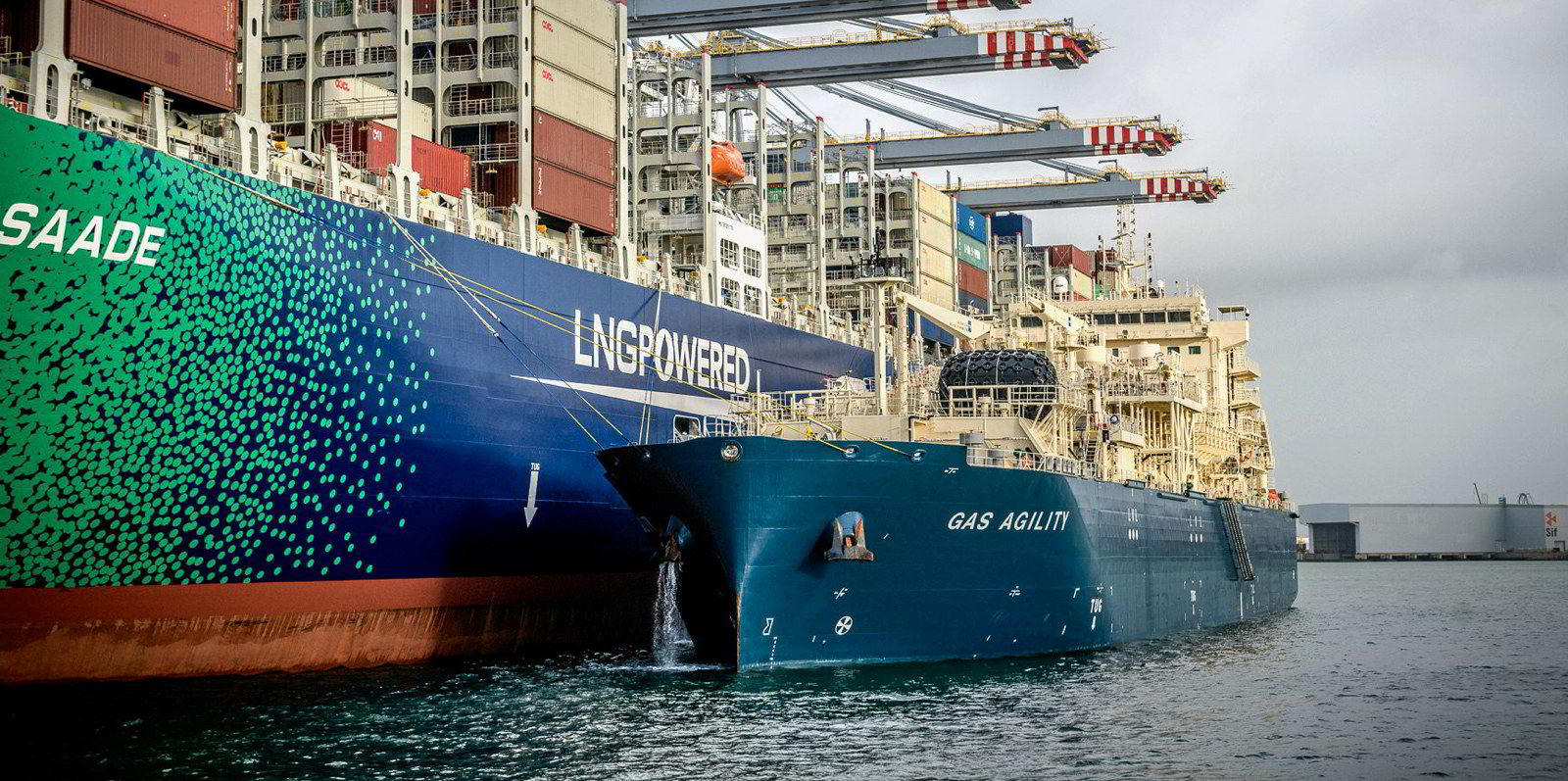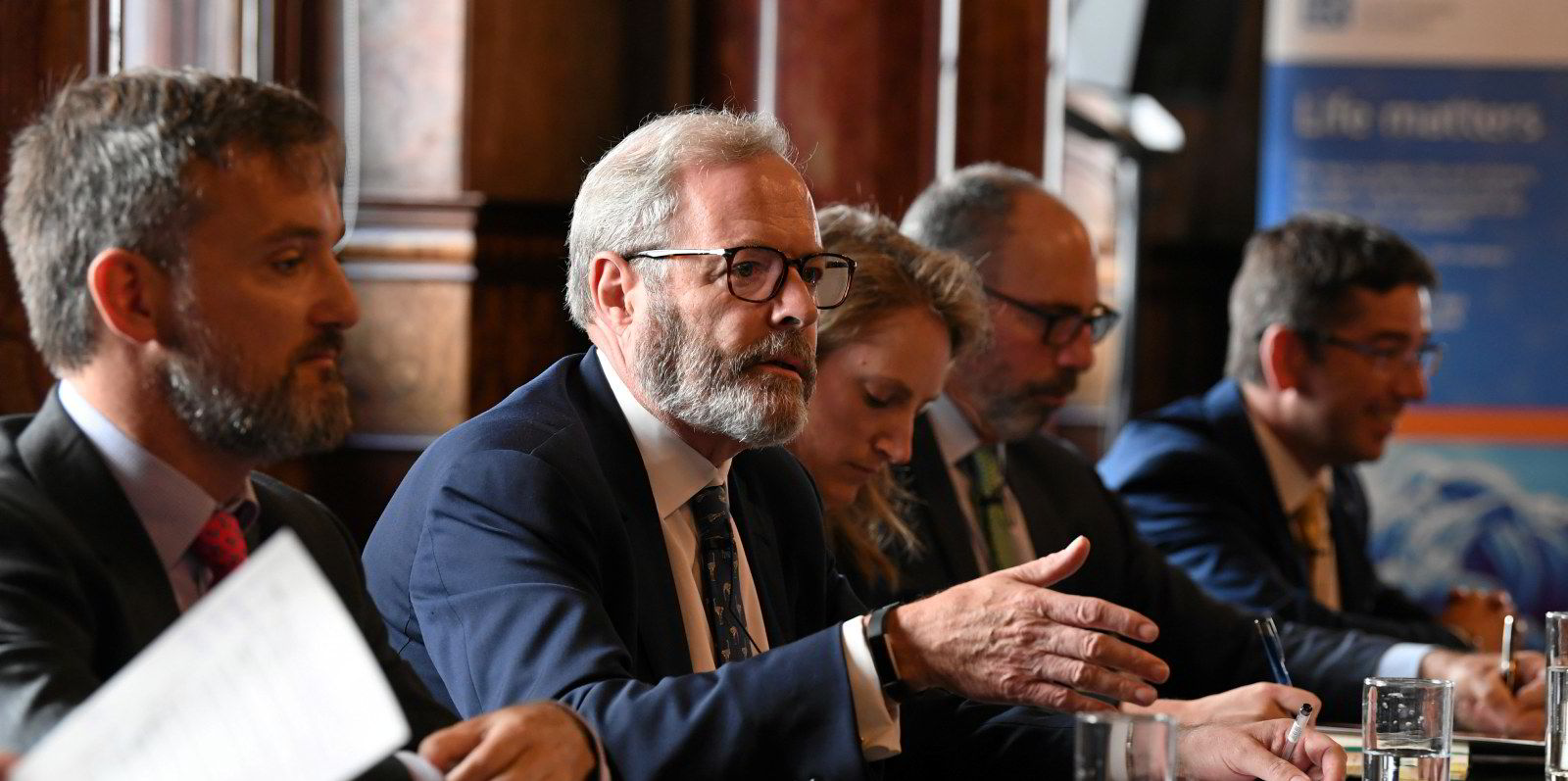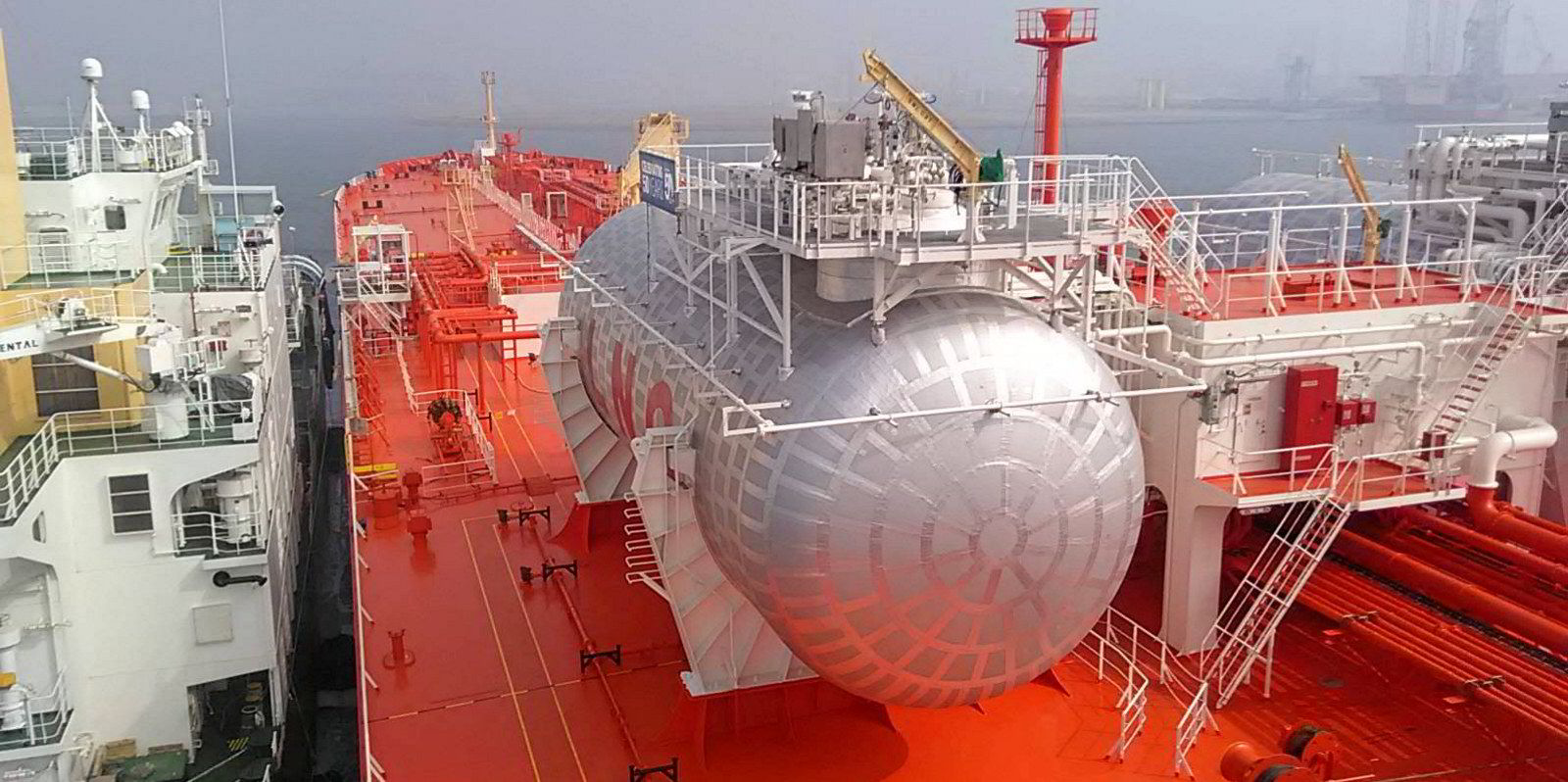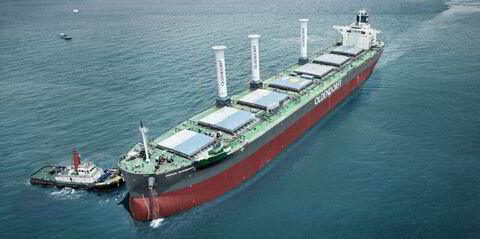Industry coalition SEA-LNG has slammed a report by the World Bank that advises authorities to steer away from policies that support the use of LNG as a marine fuel.
The group's sharp reaction came after the bank released The Role of LNG in the Transition Toward Low- and Zero-Carbon Shipping, which argues that LNG should play a “limited” rather than a “transitional” role in the decarbonisation of marine fuelling.
One of three recently published reports on decarbonising the maritime sector, the document questioned the availability of cost-competitive bio-LNG and synthetic LNG.
It also cast doubt on the greenhouse gas cutting benefits of the fuel, the additional capital expenditure required and the "risk of a technology lock-in", which would be incompatible with the International Maritime Organization’s 2050 climate target.
Most promising
Another of the reports highlighted ammonia and hydrogen as the zero-carbon fuels that are currently looking the “most promising”.
The World Bank suggested they will prove more scalable and cost competitive than the biofuel and synthetic options, which proponents of LNG as a marine fuel flag up as something to transition in to.
But the World Bank’s statements on LNG provoked some sharp comments from those in the industry who are working in that sector or who have invested in LNG-fuelling.
On Monday, SEA-LNG added its voice.
“Waiting for future fuels and not fully utilising LNG, which is safe, proven, competitive and available today, is a mistake,” the group said.
“We need to take advantage today of the confirmed reduction in GHG of up to 23% (well-to-wake) and the obvious air quality benefits of LNG as a maritime fuel. To continue to wait for unproven alternatives only makes the current GHG and local emissions problems worse.”
SEA-LNG called out the World Bank report for being “prescriptive” and trying to predict the time of future technology development.
The industry body said the transition to future fuels must not follow this approach as “focusing on theoretical, unproven solutions” only “stifles innovation in technologies” that can provide answers.
“To suggest that investments not be made in the LNG sector is unwise, will prolong the use of higher emissions fuels and slow down shipping’s decarbonisation,” the group said.
The World Bank’s documents were published a day after SEA-LNG released a report, based on independent research, that concludes that LNG used as a marine fuel offers a 23% reduction in GHG emissions when measured on a well-to-wake basis compared to current oil-based marine fuels.
SEA-LNG openly criticised the World Bank for citing studies that it claims are based on “out-of-date technologies used in niche maritime operations” and said the organisation had got its data on methane slip wrong.
The body said the report also fails to highlight the “rapid acceleration in the availability of bio-LNG" and the “major challenges” associated with green ammonia and hydrogen.
SEA-LNG said it encourages informed debate on future fuels.
But it added: “The World Bank’s untested theoretical approach risks delaying the shipping industry’s decarbonisation and at worst it can lead the industry down a technology cul-de-sac.”





